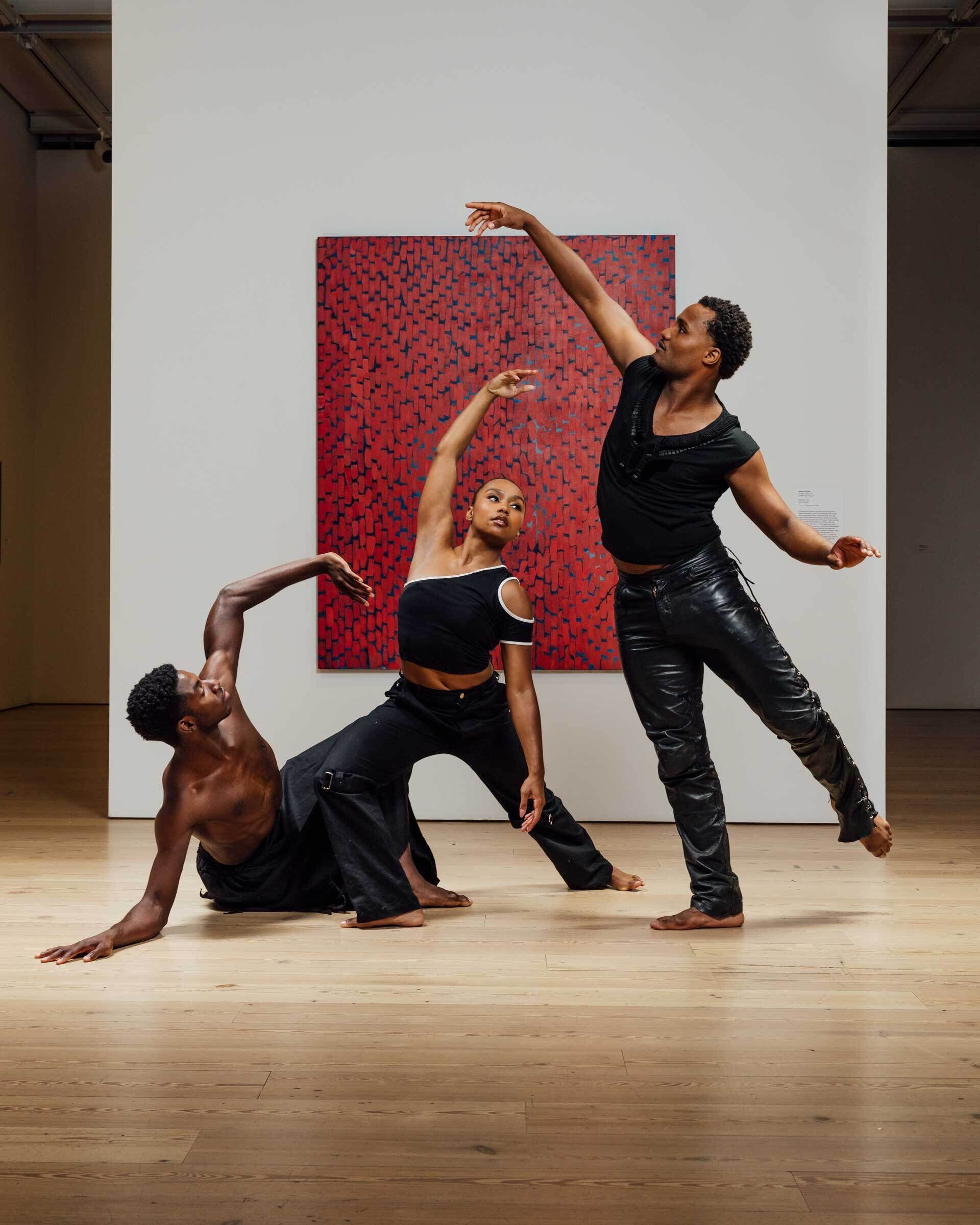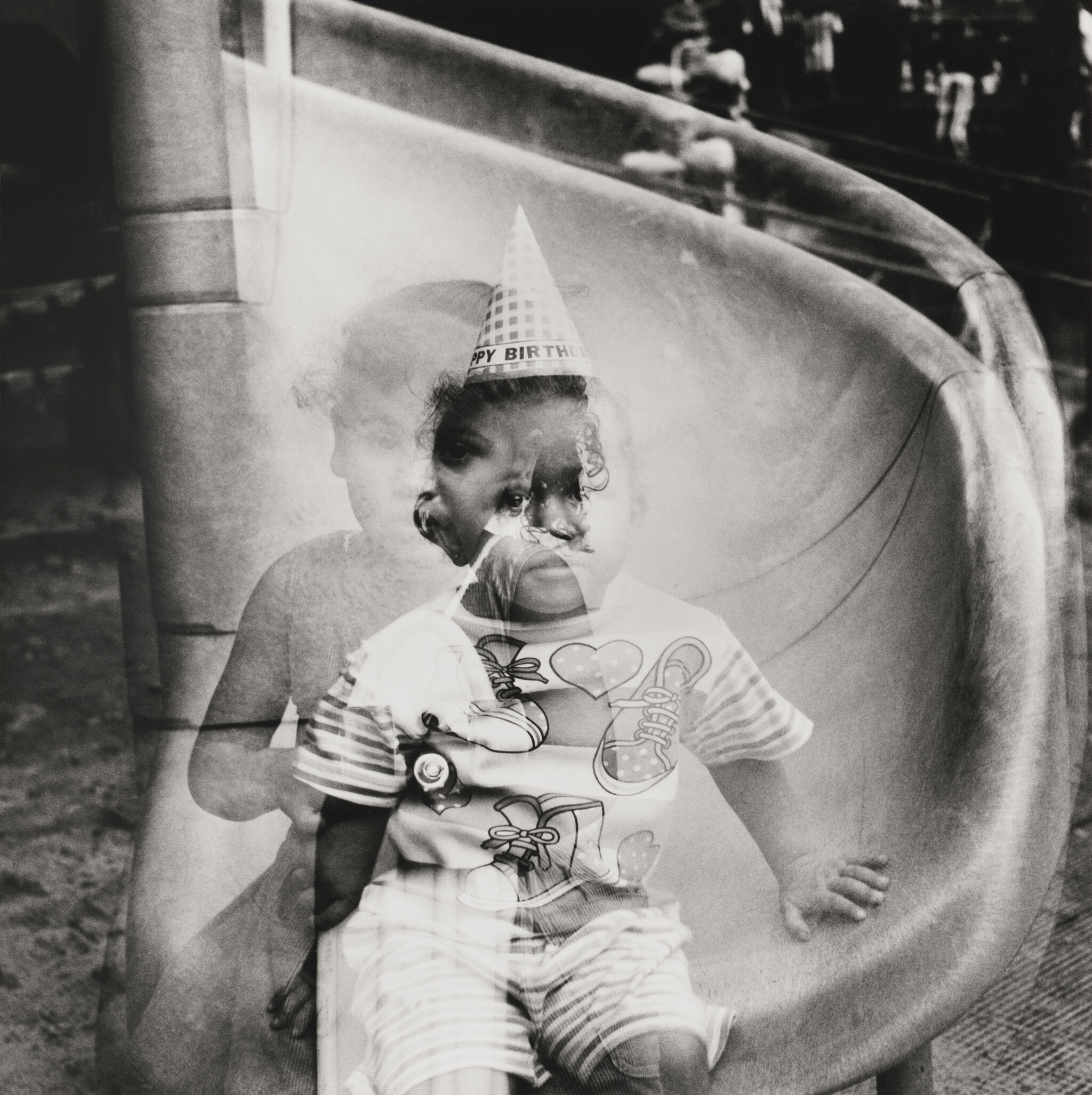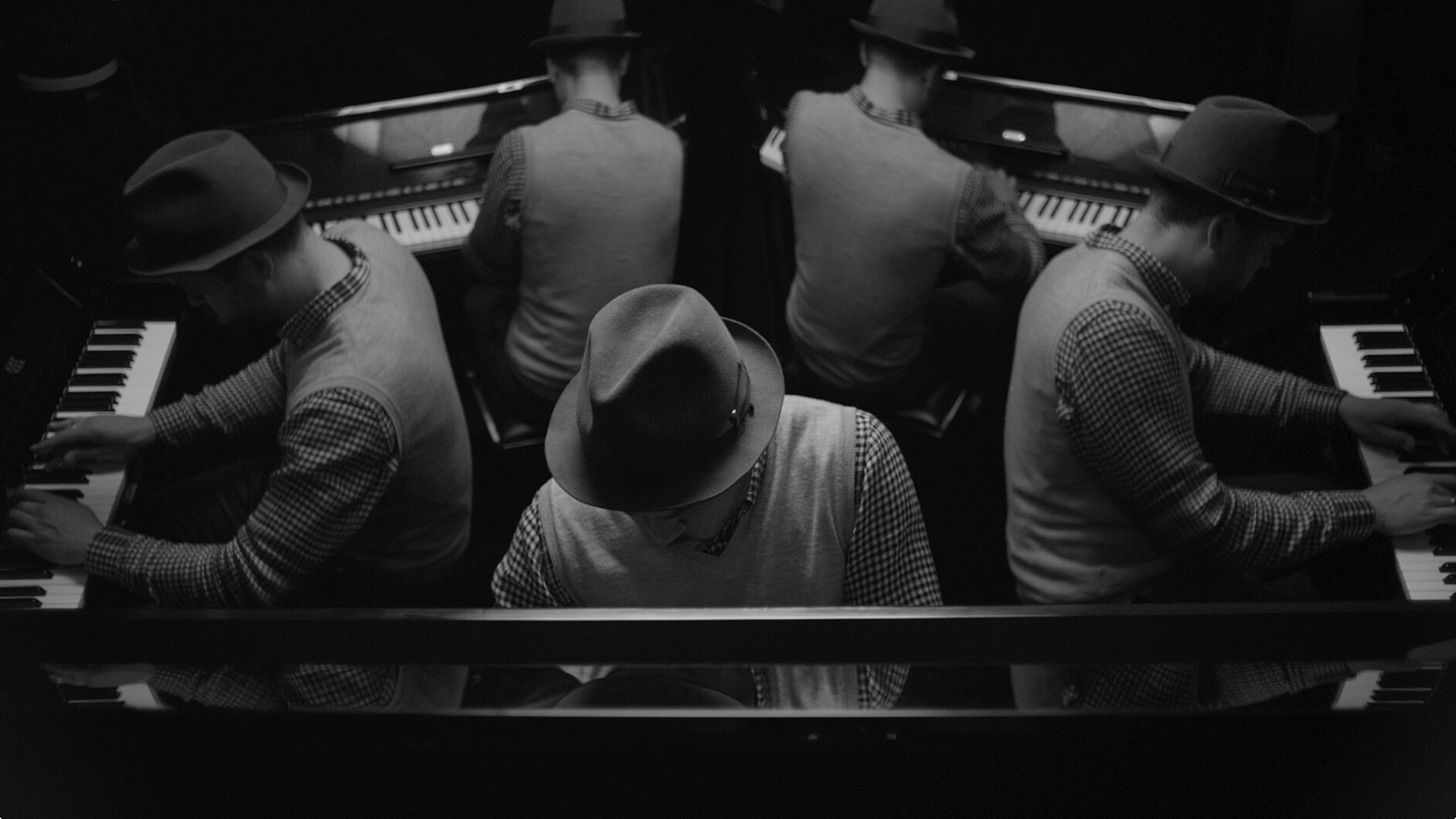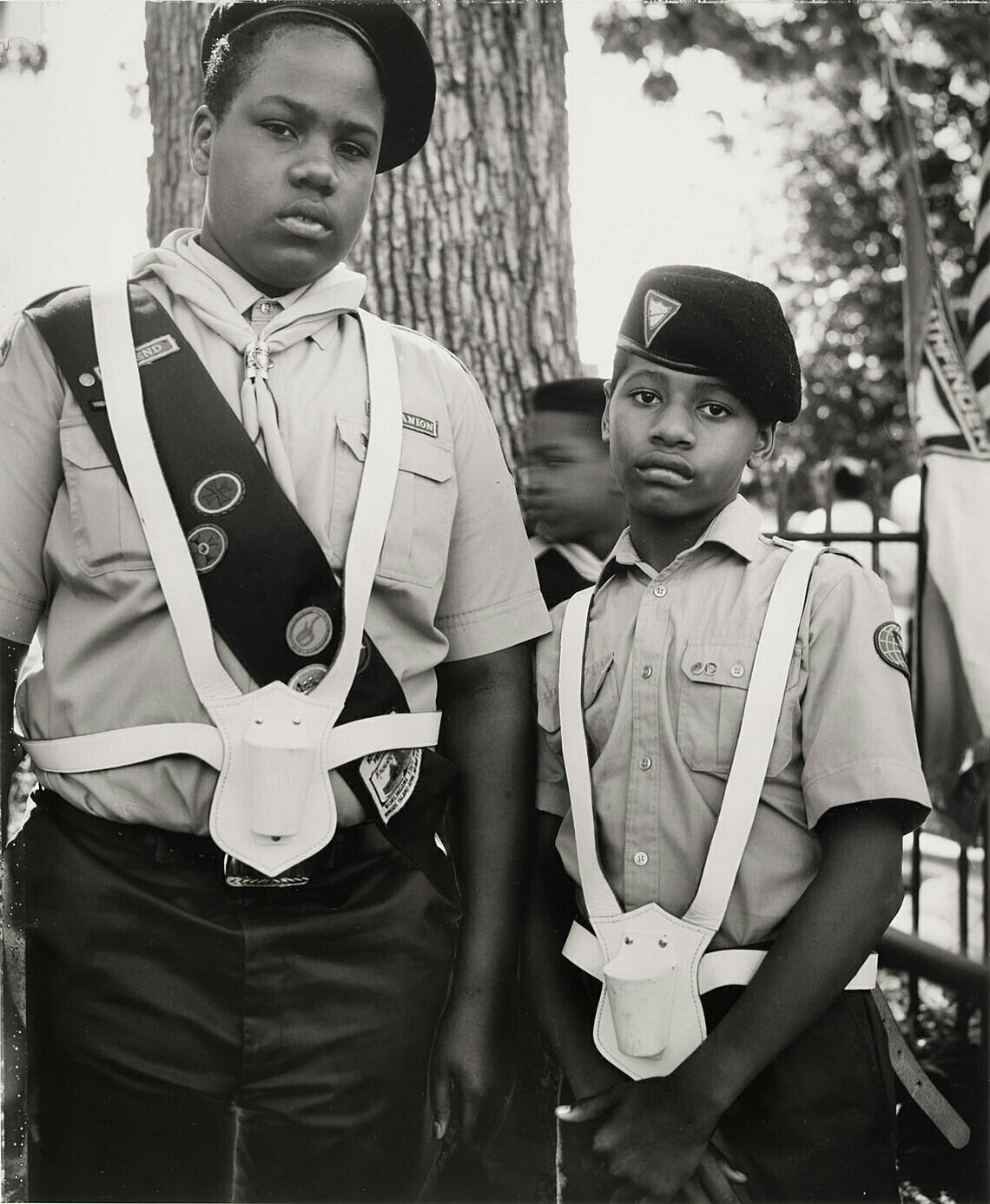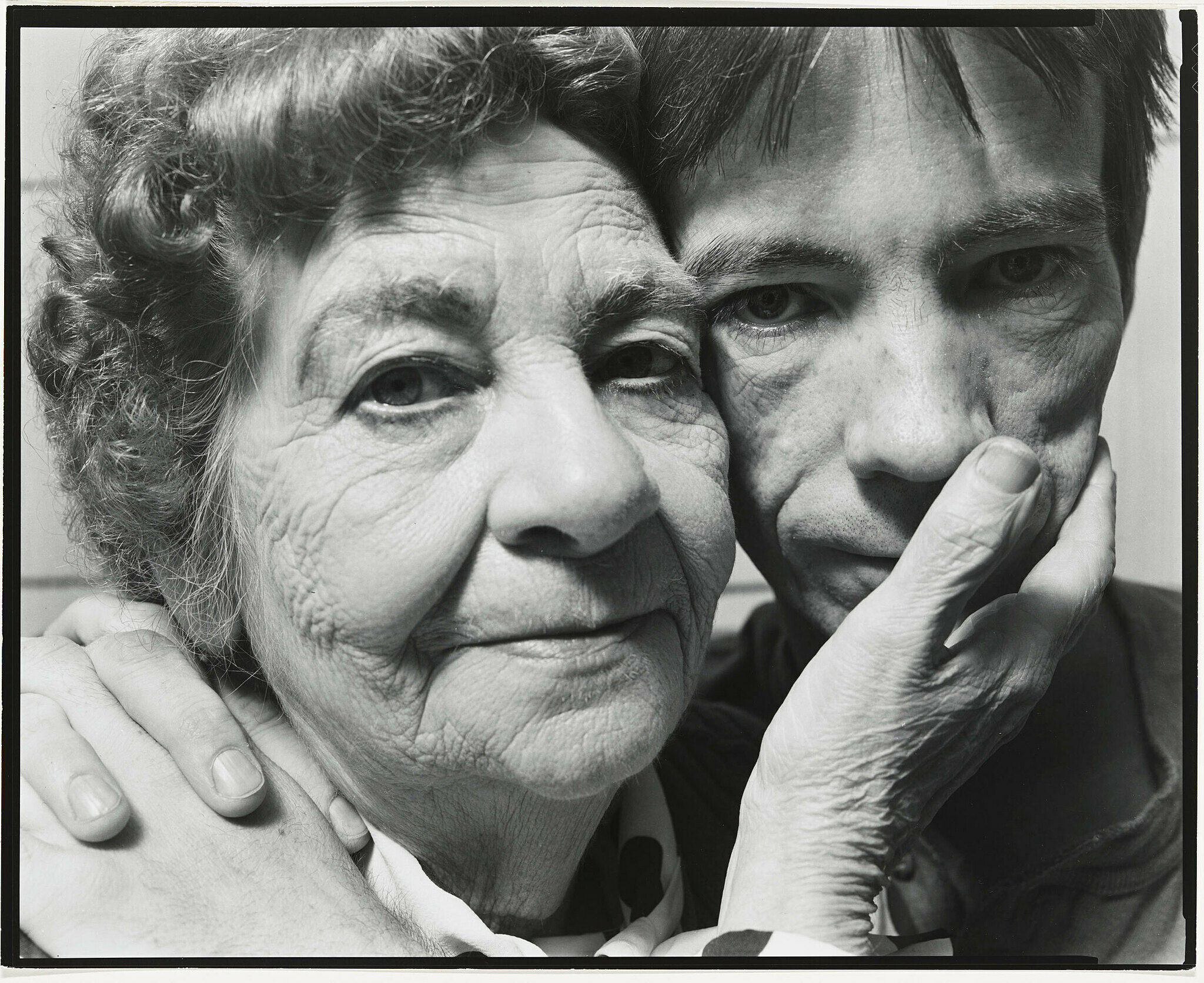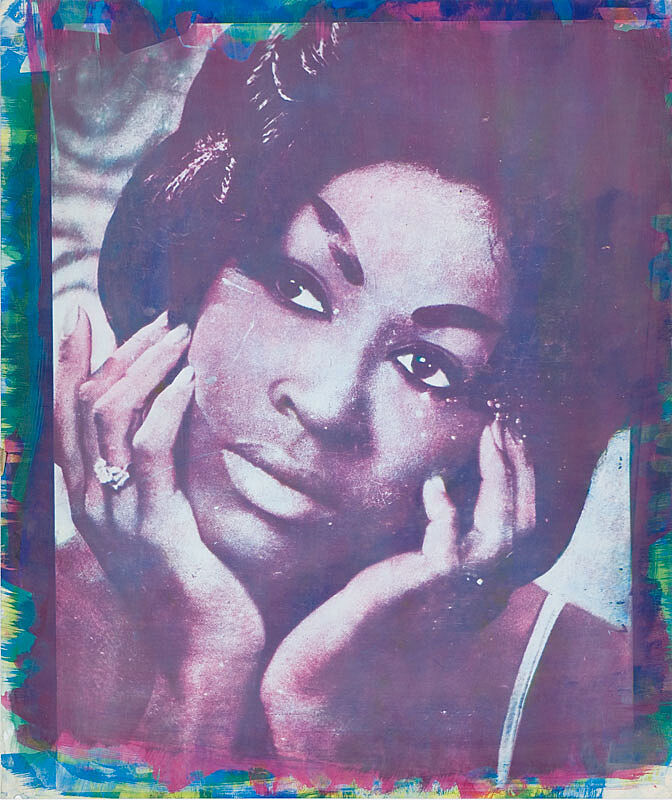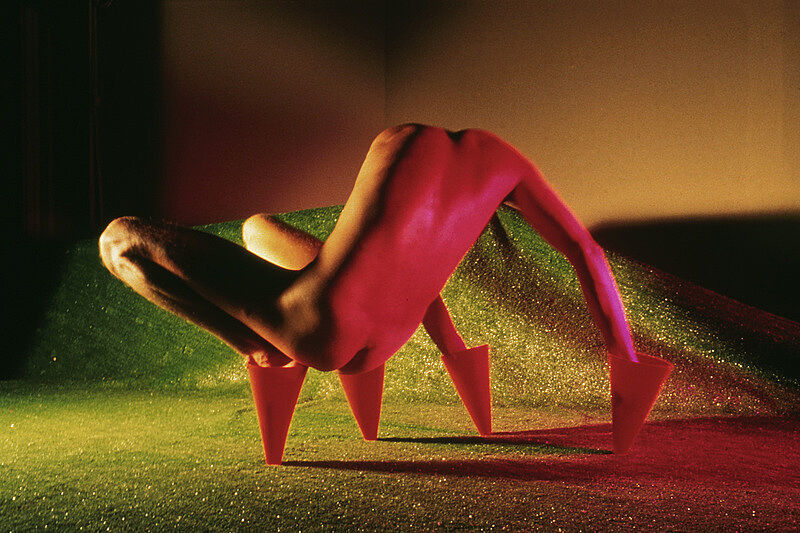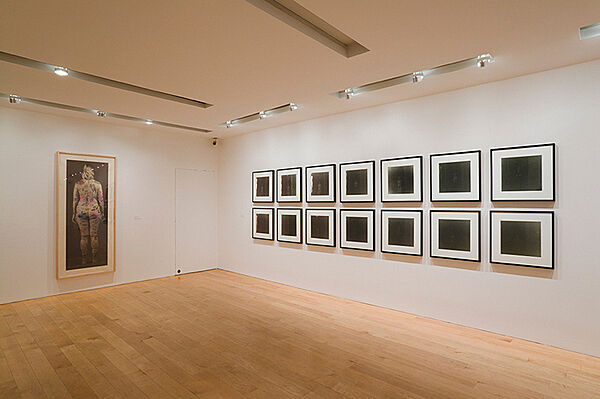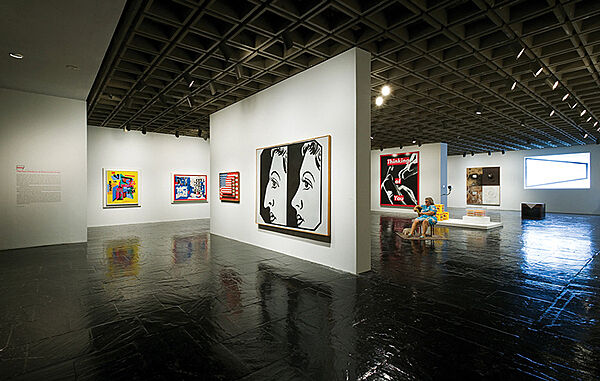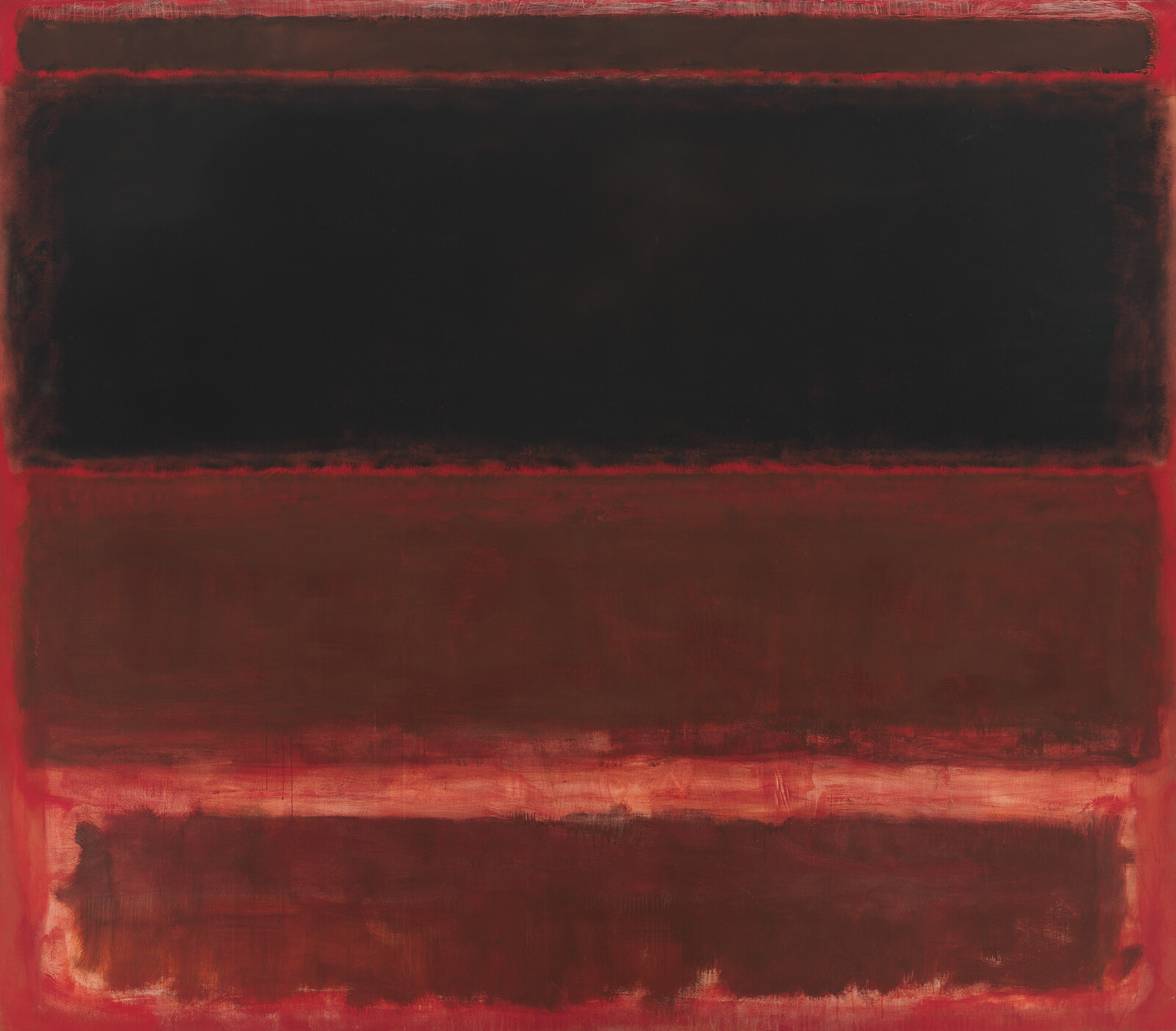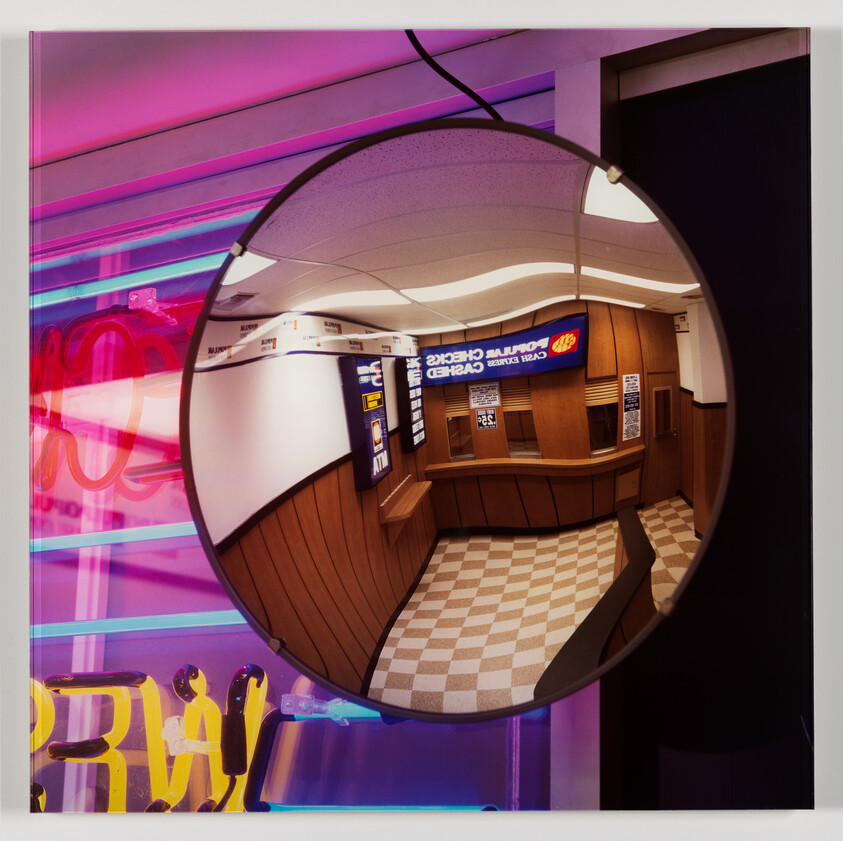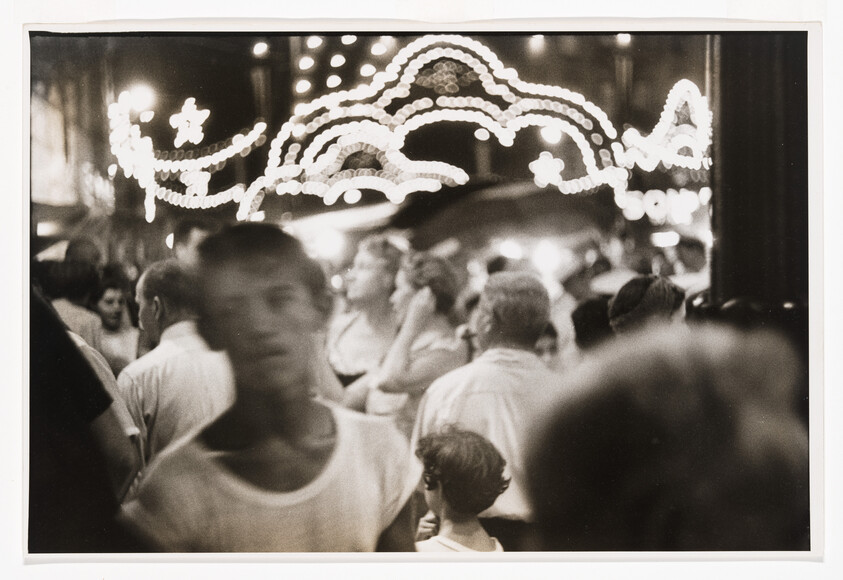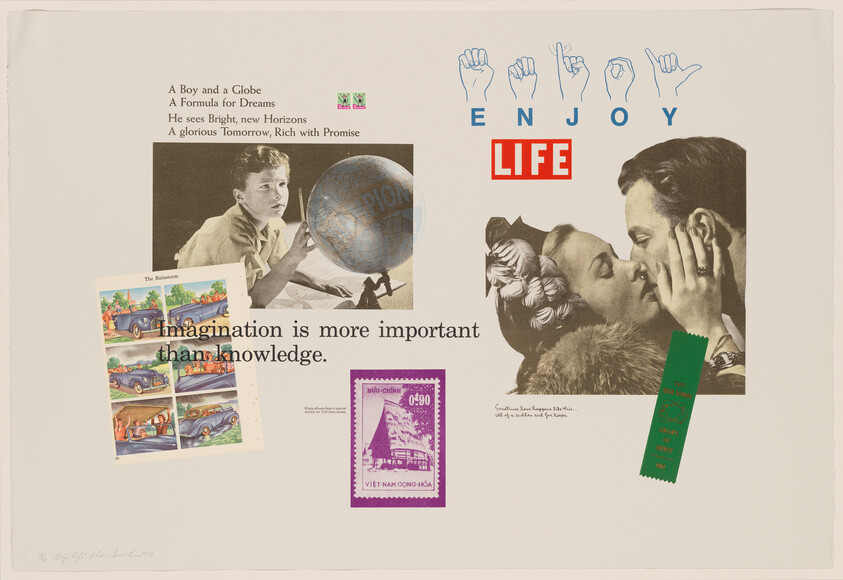Carrie Mae Weems
1953–
Over the course of more than thirty years, artist Carrie Mae Weems has produced a provocative body of work that addresses complex legacies of race, gender, and class in the United States. She often combines text with images in her projects, a process that allows her to catalogue and interpret her own experiences as well as those of others. By blending documentary, autobiography, and storytelling techniques, Weems conveys what she has called “real facts, by real people.”
Blue Black Boy features three identical photographs of an African American child which were shot in black-and-white film and then printed and hand-dyed a deep blue. The young sitter faces the viewer directly, almost as if in the style of a mug shot, and beneath the successive repetitions of his visage Weems has printed the words BLUE, BLACK, and BOY to signal the tint of the photographs, the darkness of his skin, and his gender, even as they open onto other meanings. This triptych is part of the larger photographic series Colored People, from 1987 to 1990. Other works in the series, such as Golden Yella Girl, and Red Bone Boy, are toned with corresponding colored dyes. Reclaiming the term colored people, the artist celebrates the rich variety of skin color that is encompassed by the simplistic term black, while also critiquing the values ascribed within the African American community to pigmentation variances. Weem’s process of “coloring” the prints also underscores the artificiality of such visual distinctions among people. Weems has explained that in Colored People, as well as in other works, she has aimed to “intertwine themes” of identity and history, and to represent them with “overtones of humor and sadness, loss and redemption.”
Dana Miller and Adam D. Weinberg, Handbook of the Collection (New York: Whitney Museum of American Art, 2015), 400.
Introduction
Carrie Mae Weems (born April 20, 1953) is an American artist working in text, fabric, audio, digital images and installation video, and is best known for her photography. She achieved prominence through her early 1990s photographic project The Kitchen Table Series. Her photographs, films and videos focus on serious issues facing African Americans today, including racism, sexism, politics and personal identity.
She once said, "Let me say that my primary concern in art, as in politics, is with the status and place of Afro-Americans in the country." More recently, however, she expressed the view that "Black experience is not really the main point; rather, complex, dimensional, human experience and social inclusion ... is the real point." She continues to produce art that provides social commentary on the experiences of people of color, especially black women, in America.
Her talents have been recognized by Harvard University and Wellesley College, with fellowships, artist-in-residence and visiting professor positions. She taught photography at Hampshire College in the late 1980s and shot the "Kitchen Table" series in her home in Western Massachusetts. Weems is one of six artist-curators who made selections for Artistic License: Six Takes on the Guggenheim Collection, at the Solomon R. Guggenheim Museum in 2019/20. She is artist in residence at Syracuse University.
Wikidata identifier
Q5046268
Information from Wikipedia, made available under the Creative Commons Attribution-ShareAlike License . Accessed February 26, 2026.
Country of birth
United States
Roles
Artist, photographer
ULAN identifier
500329422
Names
Carrie Mae Weems, Carrie Mae Wees
Information from the Getty Research Institute's Union List of Artist Names ® (ULAN), made available under the ODC Attribution License. Accessed February 26, 2026.

